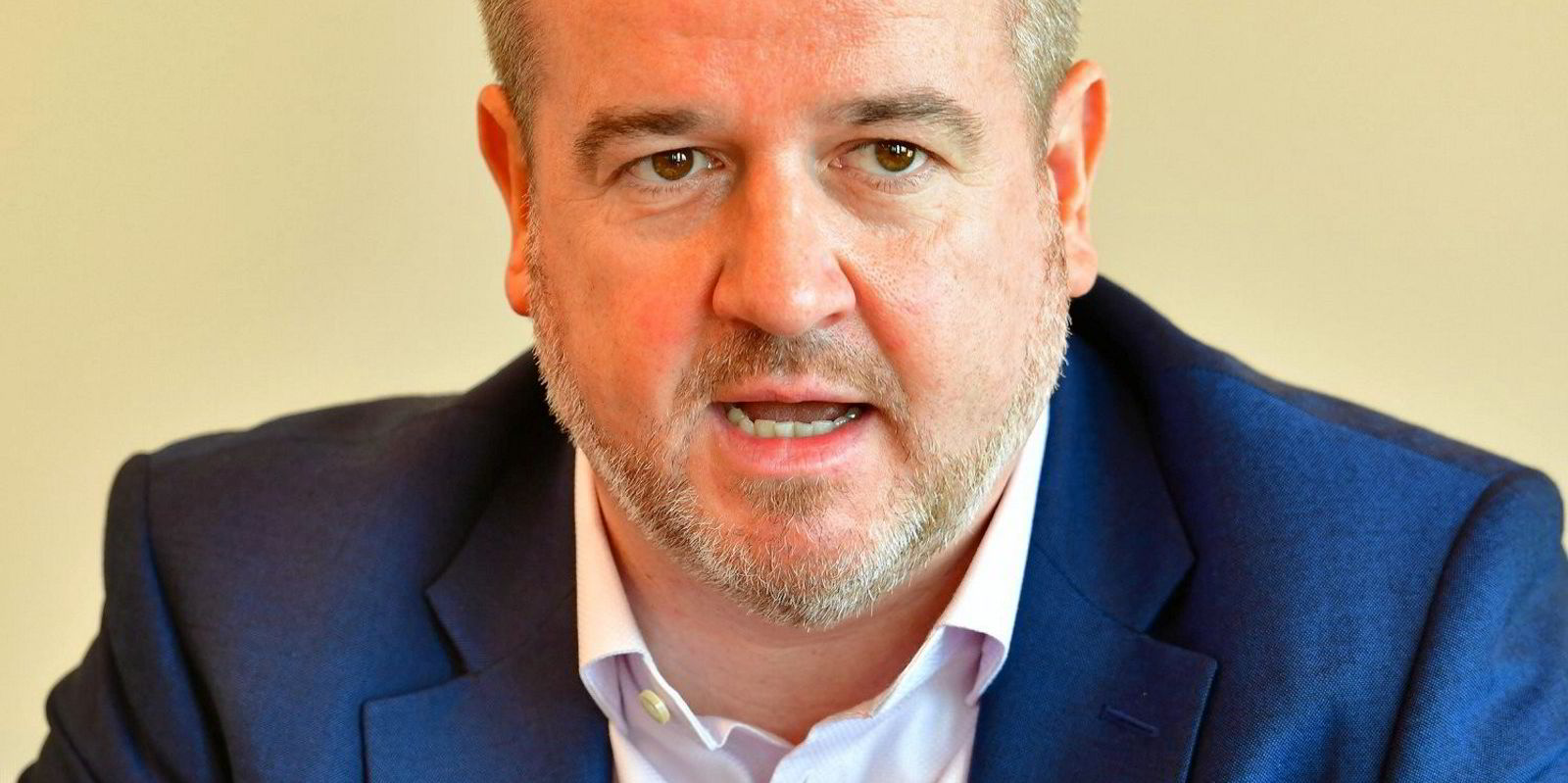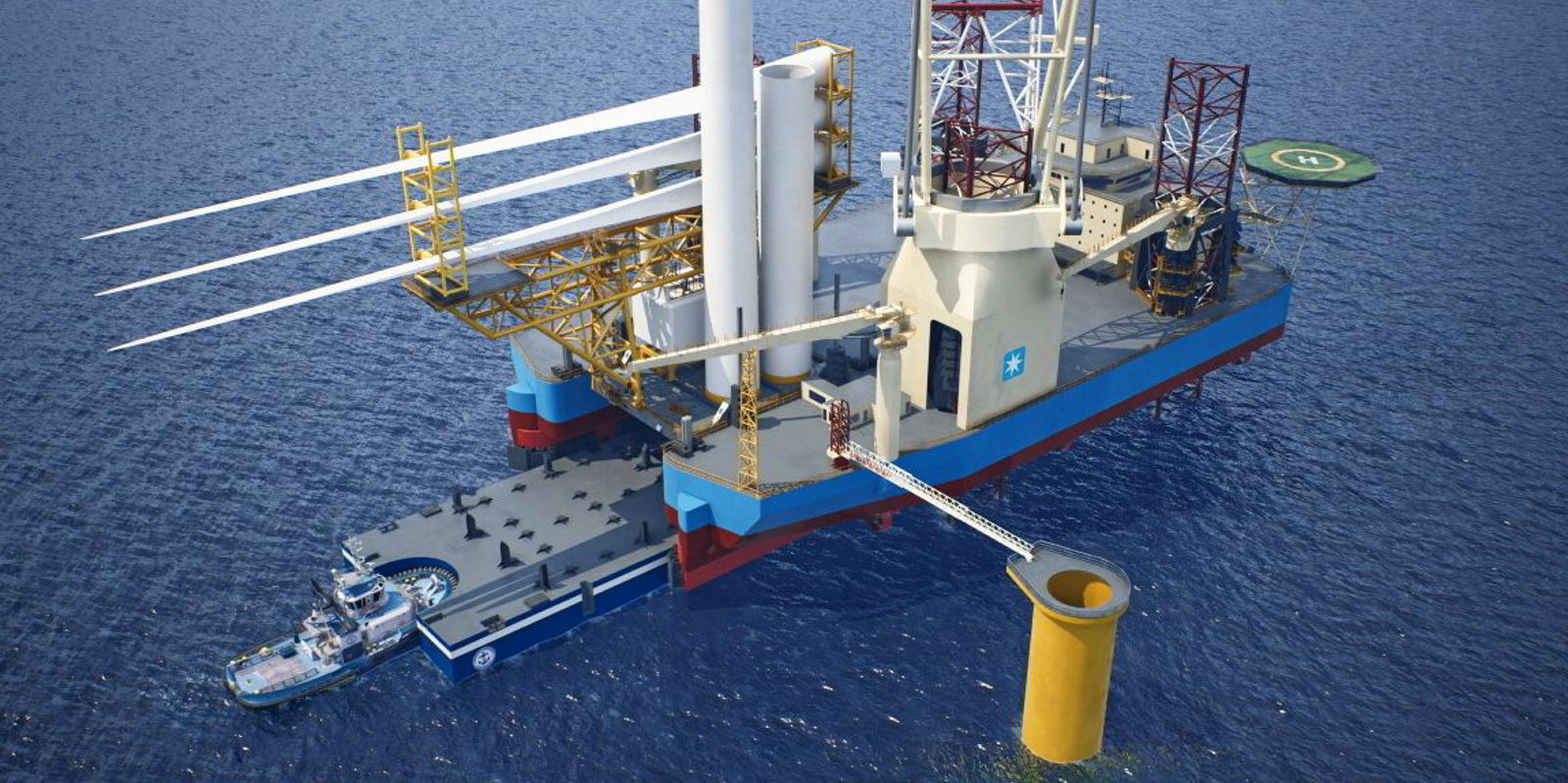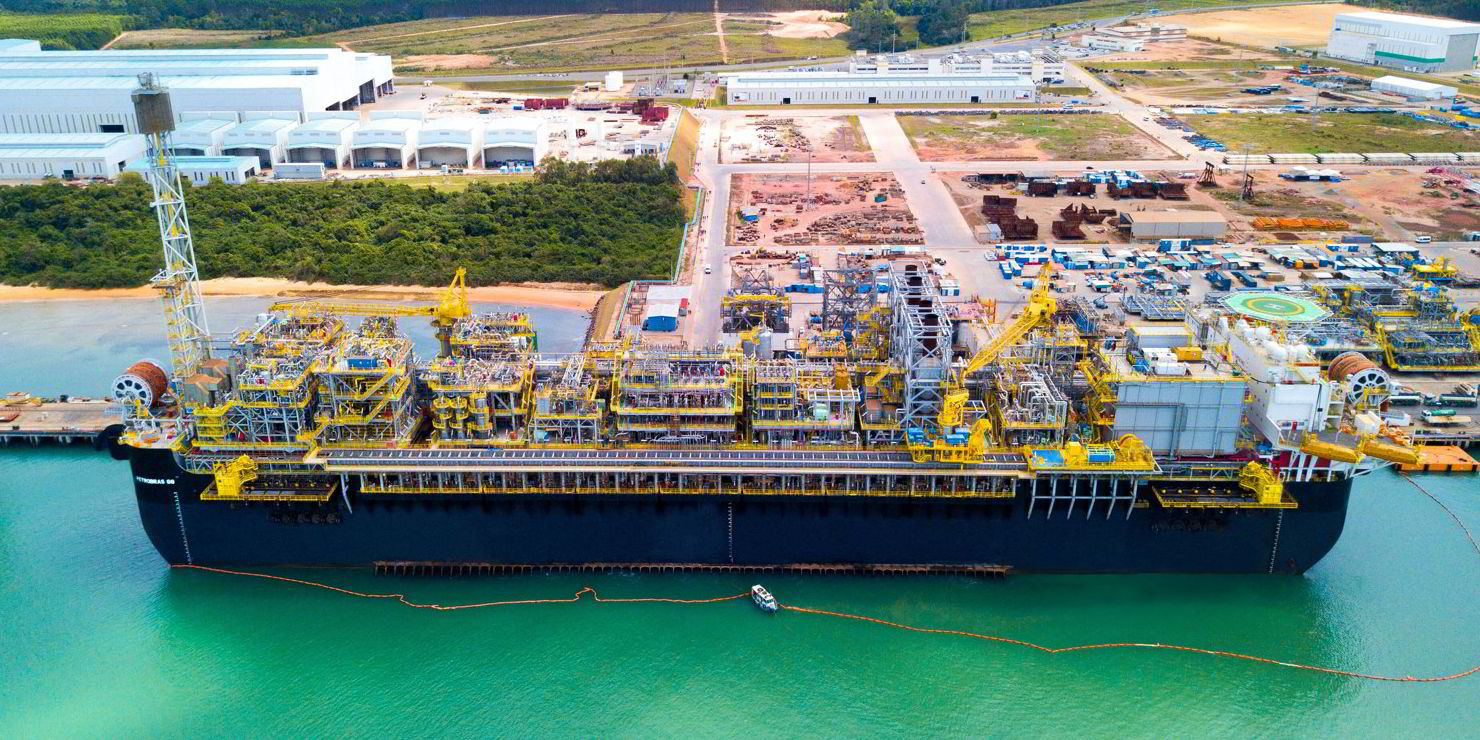Corio Generation is looking to use the Port of Acu for its offshore wind projects in Brazil.
The Macquarie Asset Management-backed developer has signed a memorandum of understanding (MOU) with domestic port developer Prumo to explore using the port, north of Rio de Janeiro.
Corio is aiming to develop five projects totalling up to 6 GW, which are expected to be among Brazil’s first wave of offshore wind farms.
Sites for the proposed fixed-bottom wind farms, each around 1.2 GW, have been registered in the north-eastern, south-eastern and southern maritime areas.
“Port of Acu, the largest deepwater and private industrial port complex in Latin America, is expected to play a key role in supporting Brazil’s offshore wind sector due to its location and proximity to proposed wind farm sites,” Corio said.
“The MOU agreed between Corio and Prumo will see the two companies explore using the Port of Acu as a strategic base for Corio’s offshore wind deployment, involving the potential reservation of a dedicated area for future wind farm installation, operation and maintenance.”
Jonathan Cole, chief executive of Corio Generation, said: “To support the deployment of offshore wind farms in Brazil, it is critical that we have first-class port infrastructure for wind farm installation, operation and maintenance.”
Prumo chief executive Rogerio Zampronha said: “We already have 33 GW of offshore wind projects off the coast of the Port of Acu under licence by the Brazilian Institute of Environment & Renewable Natural Resources.
“Around 35% of a wind project is logistical, so this makes the Port of Acu with its excellent infrastructure an unbeatable solution for the installation of these wind farms.”
Cole said in a recent interview with Bloomberg that Brazil has all the physical conditions to become a leader in offshore wind.
“The windiest regions are in shallow waters, close to the coastline, and in a country with demand centres all along the coast. It also has good port infrastructure,” he said.
“If you take a look at Brazil, it ticks those boxes in a way that most other countries don’t. That is why Brazil is such an attractive market. Physically it makes so much sense.”





